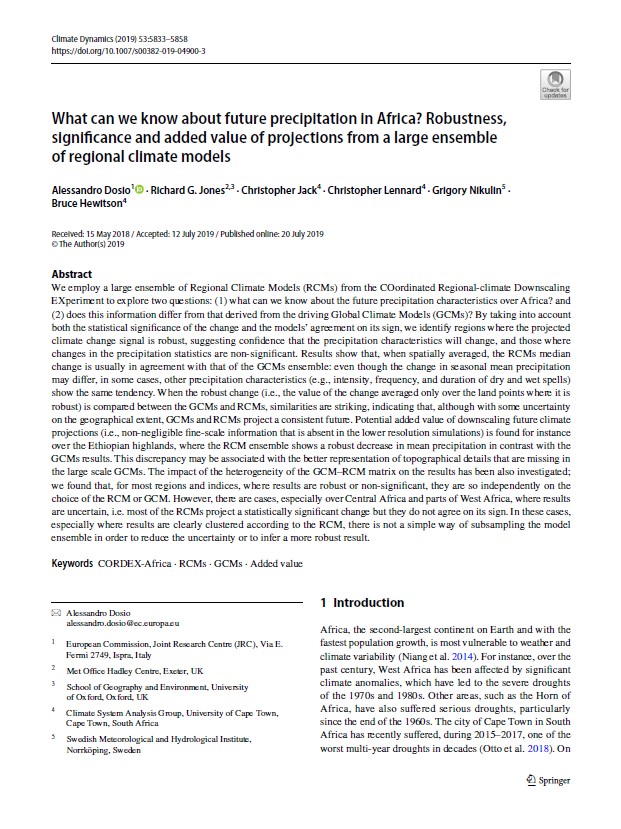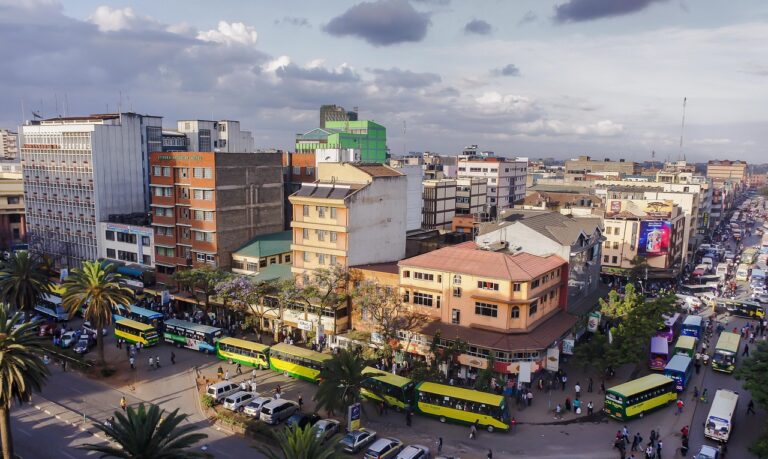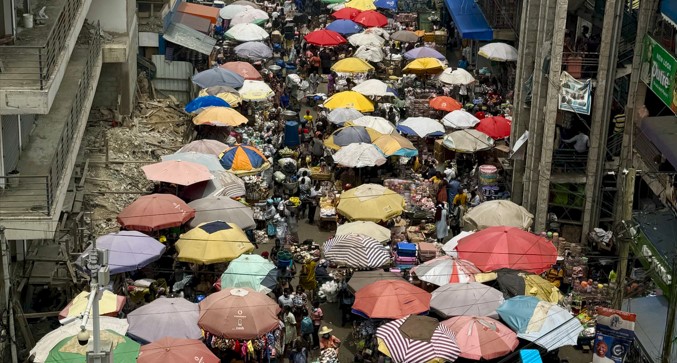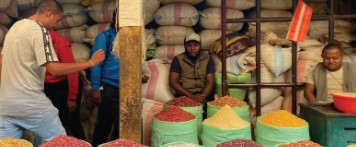What can we know about future precipitation in Africa?




Download:
Related ICLEI Pathway(s)
About
Resource summary
We employ a large ensemble of Regional Climate Models (RCMs) from the COordinated Regional-climate Downscaling EXperiment to explore two questions: (1) what can we know about the future precipitation characteristics over Africa? and (2) does this information differ from that derived from the driving Global Climate Models (GCMs)? By taking into account both the statistical significance of the change and the models’ agreement on its sign, we identify regions where the projected climate change signal is robust, suggesting confidence that the precipitation characteristics will change, and those where changes in the precipitation statistics are non-significant.
Results show that, when spatially averaged, the RCMs median change is usually in agreement with that of the GCMs ensemble: even though the change in seasonal mean precipitation may differ, in some cases, other precipitation characteristics (e.g., intensity, frequency, and duration of dry and wet spells) show the same tendency. When the robust change (i.e., the value of the change averaged only over the land points where it is robust) is compared between the GCMs and RCMs, similarities are striking, indicating that, although with some uncertainty on the geographical extent, GCMs and RCMs project a consistent future. Potential added value of downscaling future climate projections (i.e., non-negligible fine-scale information that is absent in the lower resolution simulations) is found for instance over the Ethiopian highlands, where the RCM ensemble shows a robust decrease in mean precipitation in contrast with the GCMs results. This discrepancy may be associated with the better representation of topographical details that are missing in the large scale GCMs. The impact of the heterogeneity of the GCM–RCM matrix on the results has been also investigated; we found that, for most regions and indices, where results are robust or non-significant, they are so independently on the choice of the RCM or GCM. However, there are cases, especially over Central Africa and parts of West Africa, where results are uncertain, i.e. most of the RCMs project a statistically significant change but they do not agree on its sign. In these cases, especially where results are clearly clustered according to the RCM, there is not a simple way of subsampling the model ensemble in order to reduce the uncertainty or to infer a more robust result.
Related resources

TRACKING TRANSFORMATION: How African Cities Are Driving Global Climate Action Through Local Data

Resilient Municipal Market Fund (ReMark) Instrument Analysis



